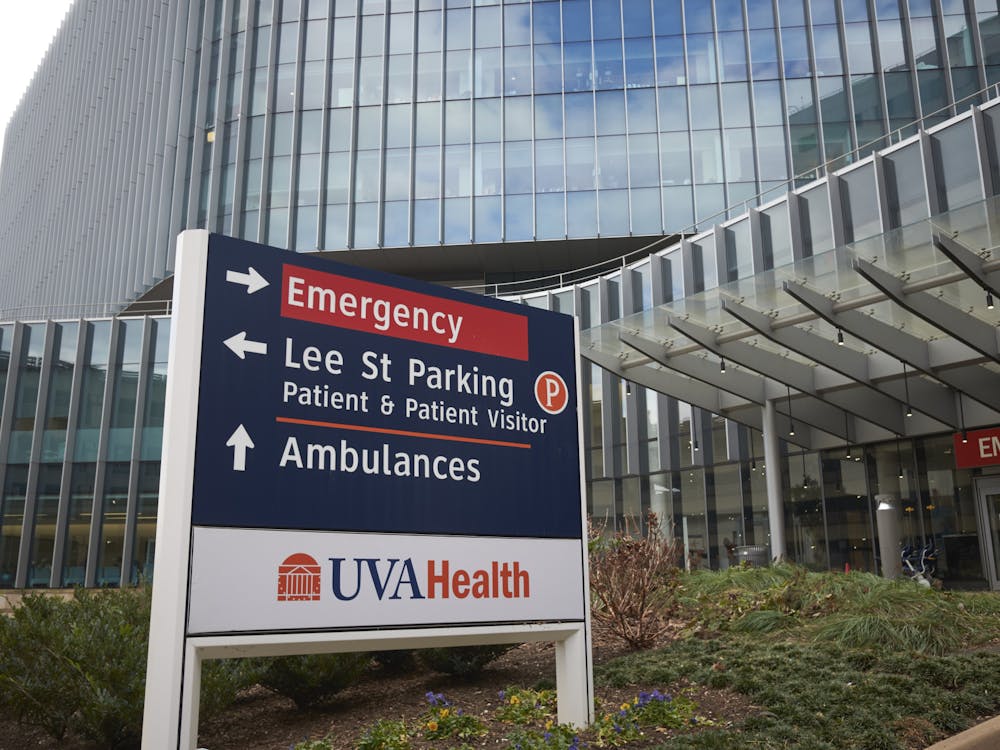Sex education policies under the Trump administration may revert back to abstinence-only programs due to a loss of funding for comprehensive sexual health resources. Currently, a debate is occurring in the federal government on the cause of the recent decrease in teen pregnancy rates.
Sex education programs in middle and high schools have seen a large increase in funds available from the federal government in recent years. $176 million were appropriated to comprehensive sexual health promotion programs in Fiscal Year 2016. These funds — appropriated by the Obama administration — have made resources available to those schools that wish to make their sex education programs more comprehensive. On the other hand, for abstinence education, the Obama administration allocated $85 million.
The Social Security Administration operates a program for abstinence education as well, allotting money to states applying for and meeting standards set by Title V Maternal and Child Health Services block grant from 2010-15.
“The term ‘abstinence education’ means an educational or motivational program which teaches that a mutually faithful monogamous relationship in context of marriage is the expected standard of human sexual activity,” Title V states. “Sexual activity outside of the context of marriage is likely to have harmful psychological and physical effects.”
Carolyn Engelhard, the director of the Health Policy program in the Department of Public Health Science at the University’s School of Medicine, says decentralization of sex education is likely under Trump’s administration. This means that funding for sex education might fade out altogether, rather than changing the focus of funds back to abstinence.
“I think you’ll see [comprehensive sex education] funding go away,” Engelhard said. “I think you’re going to see a retrenchment when it comes to all things having to do with any sort of federal oversight with regard to standardization of sex education programs.”
A main goal of sex education is to prevent unwanted teenage pregnancy, Engelhard said. According to the National Institutes of Health, the U.S. has the highest rate of teenage pregnancy of all the developed nations. Babies of teen mothers often have more health complications.
“We know that teen moms often don’t finish high school, and if they don’t finish high school they tend to live in poverty,” Engelhard said. “Very few teen moms’ partners pay child support. So I would think as a societal issue we would all want to pay attention to that and decrease teen pregnancy. And it’s gone down, a lot.”
In recent years, Congress has debated the cause for this decreased teen pregnancy rate, with conservatives arguing that restricting access to abortion and teaching abstinence-only caused the decreased rate.
“[When] people feel like they have less access to abortion service[s], then they consider those consequences before engaging in unprotected sex,” Engelhard said.
Liberals, however, assert the Affordable Care Act and comprehensive sex education have decreased the teen pregnancy rate.
“For the last several years, all contraceptives have been available without cost-sharing,” Engelhard said. “So there’s some belief that that contributed to fewer teen pregnancies, particularly since there’s a push now more towards longer-acting contraceptives like IUDs.”
According to the Centers for Disease Control and Prevention, though most teenagers in the U.S. do receive some sort of sex education in high school, the education that students receive is extremely variable in its focus. Dr. Christine Peterson, the director of the Gynecology Clinic at the Department of Student Health, pointed out that many students actually go into college with no formal sex education.
“Maybe [they didn’t receive a sex education] because they were home-schooled, or maybe because they’re from a different country or in a school system that just did not have a sex education program,” Peterson said. “So even though many, many students did get a comprehensive sex education in high school, there are a lot of students who didn’t.”
Even those who did get a formal education may not be as heavily impacted until college, though sex education in college is more voluntary.
“It’s true with most knowledge that if you don’t apply it, it doesn’t stick with you,” Peterson said. “We at Student Health, through both medical clinics and the Office of Health Promotion in particular, do a lot of on-Grounds education about healthy sexuality.”





